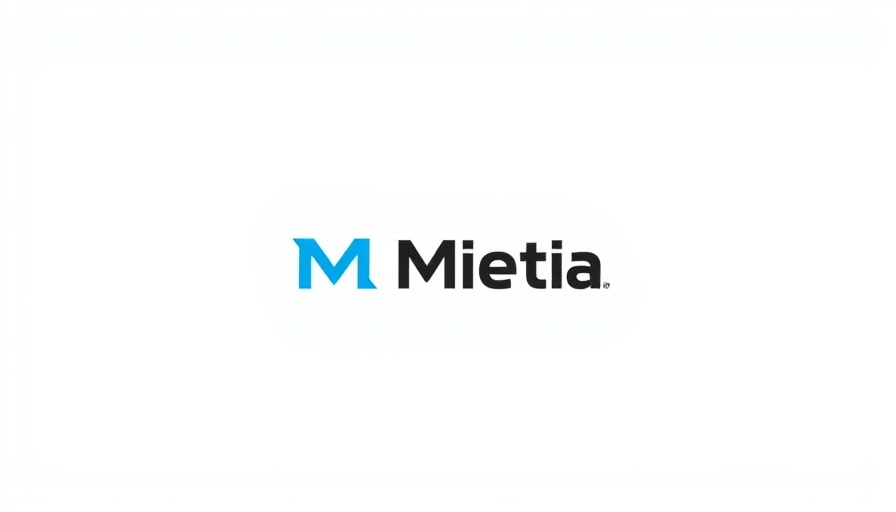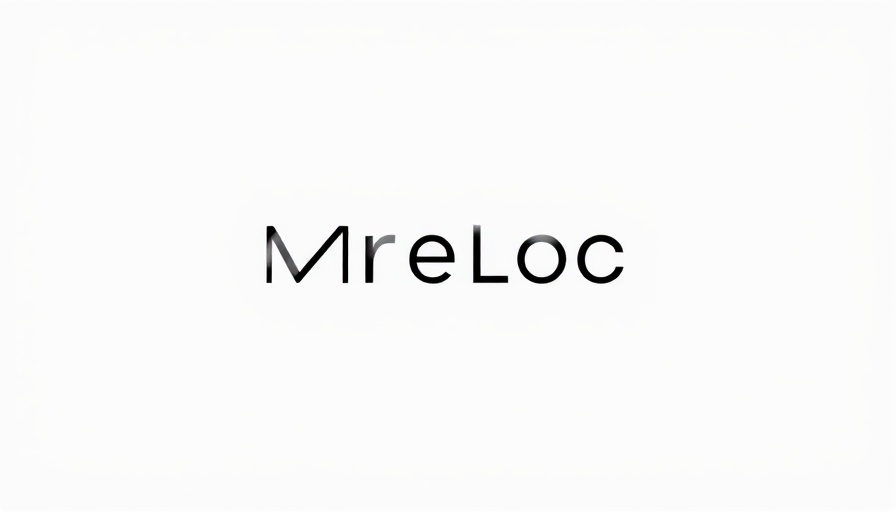
Meta's Political Ad Ban: A Significant Shift in European Marketing
In a landmark decision, Meta has announced a ban on all political, electoral, and social issue advertisements across Europe, effective October this year. This decisive move comes in light of the newly imposed European Union (EU) regulations outlined in the Transparency and Targeting of Political Advertising (TTPA) provision, set to take effect on October 10th. The TTPA aims to enforce stringent transparency measures, requiring advertisers to disclose who funds an ad and how it was targeted, among other clauses that Meta deems unmanageable for its current ad delivery systems.
Understanding the Impact on Businesses and Advertisers
For business owners and marketing professionals, this shift has far-reaching implications. Meta argues that the new requirements will stifle personalized advertising, ultimately leading to a decline in ad relevance for users. Given that nearly every business strives to reach specific target audiences, this shift could obstruct effective communication and engagement with customers. The EU's regulatory landscape has already complicated the digital advertising ecosystem; the addition of the TTPA represents a significant hurdle for marketers seeking to effectively utilize platforms like Meta, which are integral to their strategies.
The Context of Compliance and Costs
Amid mounting pressures from regulatory bodies, Meta has been facing an estimated $1 billion per year in fines related to EU compliance. This ongoing financial burden underscores the complexity and unpredictability of the current digital marketing environment in Europe. As small companies often lack dedicated marketing resources, the ramifications of these regulatory changes could challenge their ability to advertise effectively. Without the ability to run political and issue ads, these businesses may struggle to connect with potential customers on critical issues, diminishing their visibility and voice.
Looking Ahead: Navigating the New Marketing Landscape
As the landscape of digital marketing continues to evolve, businesses must adapt their strategies accordingly. With stricter regulations on how ads are delivered, understanding the new TTPA rules will be crucial for marketers aiming to remain compliant while still reaching their desired audiences. Collaboration, transparency, and perhaps rethinking ad strategies could hold the key to successfully navigating these changes in the months to come.
 Add Row
Add Row  Add
Add 




Write A Comment